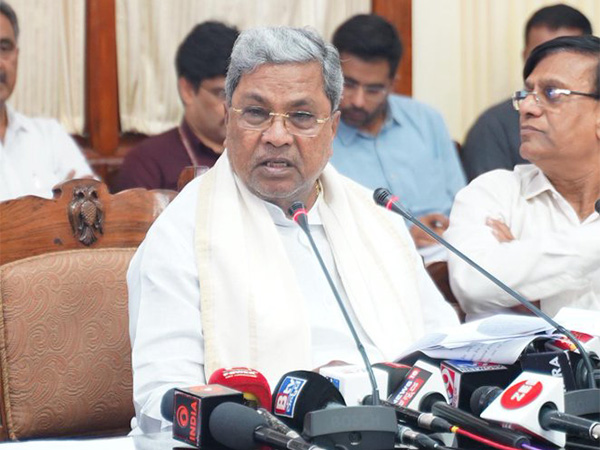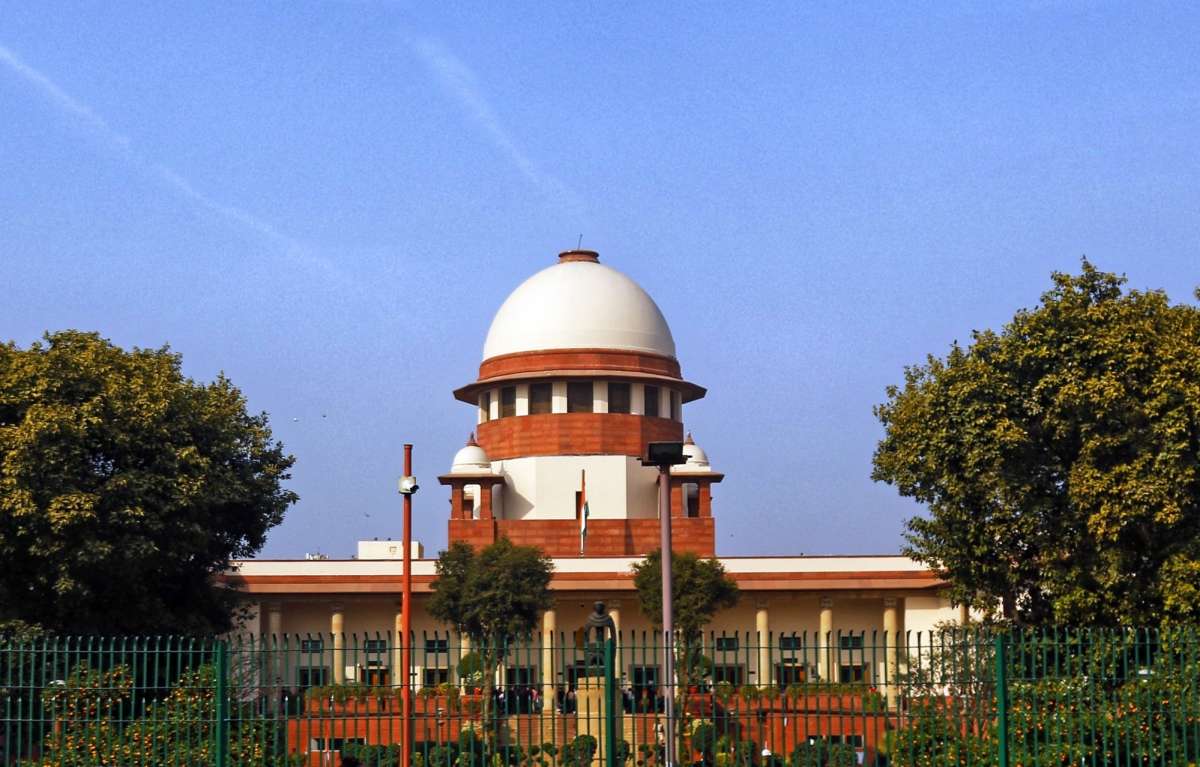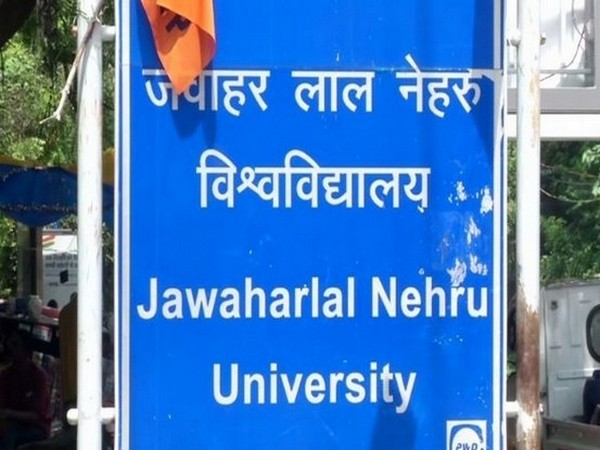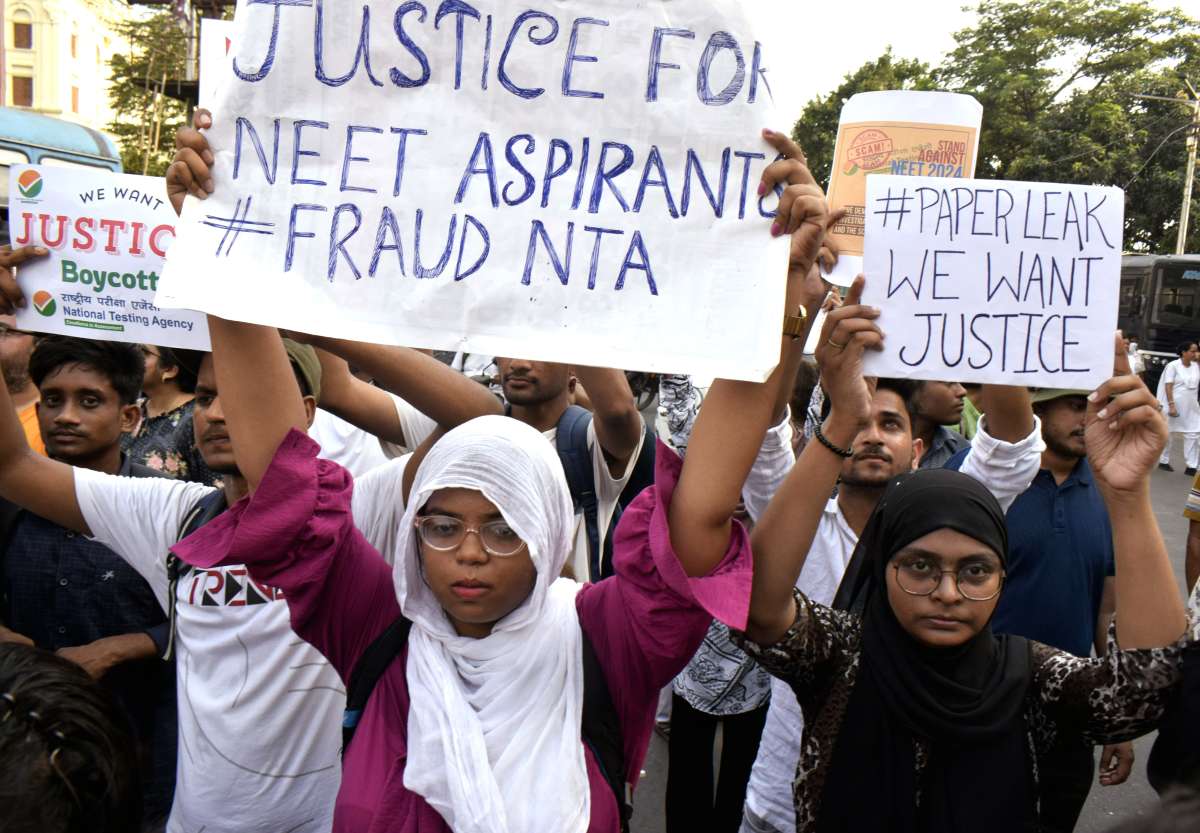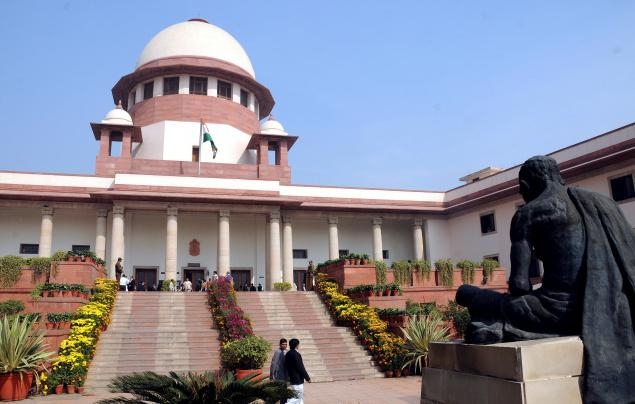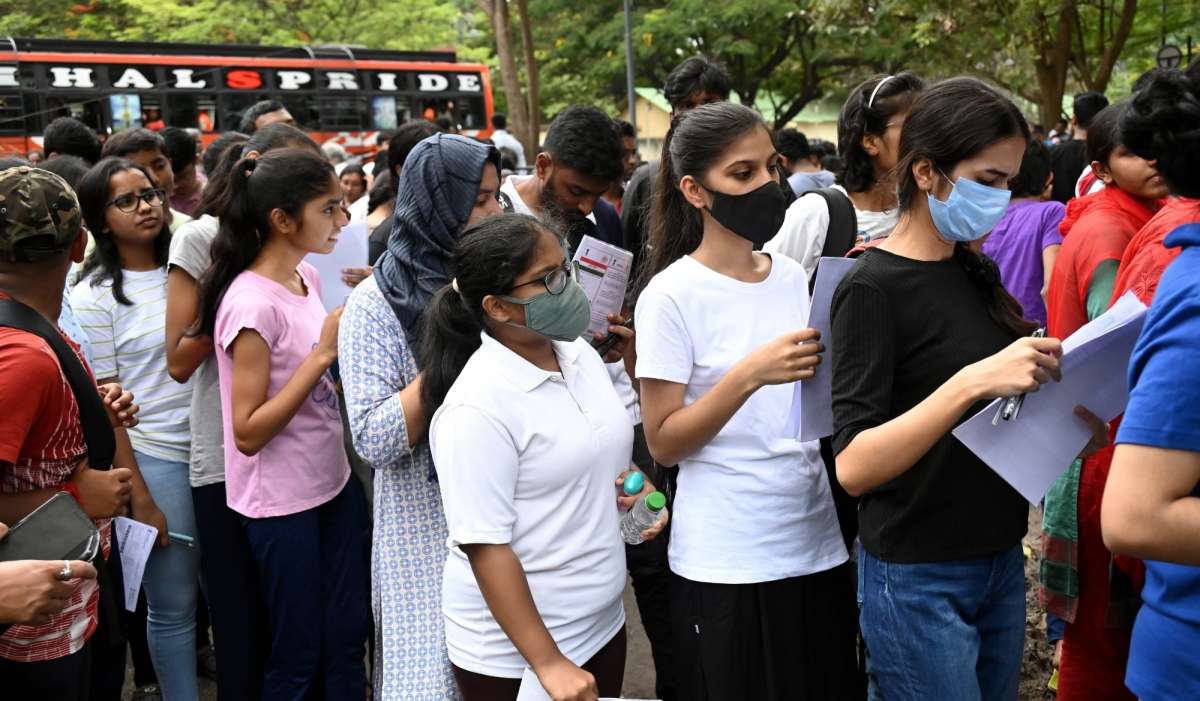Earlier on Tuesday, July 23, the Supreme Court declined to cancel the NEET-UG 2024 exam, realising that giving direction for a fresh NEET-UG for the present year would be replete with serious consequences for over 24 lakh students who appeared in this exam…reports Asian Lite News
Raising its strong voice against the all-India medical entrance exam NEET, the Siddaramaiah-led Congress government on Thursday passed a resolution in both houses of the state government against the exam and demanded the Centre for allowing the state to revert back to the earlier system of CET for medical admissions in Karnataka.
Pointing out the flaws and the recent irregularities in the NEET exam, the resolution urged the Union Government to exempt the State of Karnataka from this examination and allow it to provide admissions to medical colleges based on the Common Entrance Test (CET) conducted by the state government.
While the State Minister of Medical Education and Skill Development, Dr Sharan Prakash Patil, moved the resolution in the legislative assembly, Deputy Chief Minister DK Shivakumar presented it in the legislative council.
“The NEET examination system severely affects the medical education opportunities of poor rural students and deprives the rights of the state governments to admit students in the state government medical colleges and considering the repeated irregularities in the NEET examination, the Union Government should make necessary amendments in the National Medical Commission Act, 2019 (Central Act 30 of 2019) so that the NEET system is given up at the national level. Also, the Karnataka Legislative Council unanimously urges that the Union government should immediately exempt the state of Karnataka from examination and provide medical admission based on the Common Entrance Test (CET) conducted by the state government,” the resolution said.
” Medical Education Minister Dr Sharan Prakash Patil has been continuously opposing the NEET exam by highlighting the massive irregularities and how this system was affecting the chances of underprivileged and rural students and their dream of a medical profession,” it added.
On Wednesday, the ruling TMC government in West Bengal moved a resolution in the West Bengal Assembly demanding the scrapping of the NEET and restoration of the previous system of individual state governments conducting such examinations. The resolution was passed in the assembly.
Earlier on Tuesday, July 23, the Supreme Court declined to cancel the NEET-UG 2024 exam, realising that giving direction for a fresh NEET-UG for the present year would be replete with serious consequences for over 24 lakh students who appeared in this exam.
The apex court was hearing a batch of pleas seeking direction to recall NEET-UG 2024 results and to conduct the examination afresh, alleging paper leakage and malpractices in the test held. (ANI)
UPSC to overhaul exam system amid Puja Khedkar row
Amidst new revelations in the controversy surrounding Puja Khedkar, the Union Public Service Commission (UPSC) is set to enhance its examination security measures using advanced technologies like Aadhaar-based fingerprint authentication, facial recognition systems, and AI-driven CCTV surveillance, according to several media reports.
This overhaul aims to uphold the integrity of UPSC exams following widespread allegations of cheating in the NEET medical entrance exams. The UPSC conducts 14 examinations annually, including the prestigious Civil Services Examination (CSE), and various recruitment tests and interviews for Group ‘A’ and Group ‘B’ posts within the Government of India. In 2023, over 1.01 million people applied for the CSE, with approximately 590,000 candidates appearing for the exam. The CSE recommends candidates for esteemed services such as the Indian Administrative Service (IAS) and Indian Police Service (IPS).
The move comes in light of several lapses reported during the NEET 2024 exams and follows a controversy involving trainee IAS officer Puja Khedkar, alleged to have forged documents to appear for the CSE 12 times, exceeding the allowed number of attempts. The UPSC has filed a criminal case against Khedkar.
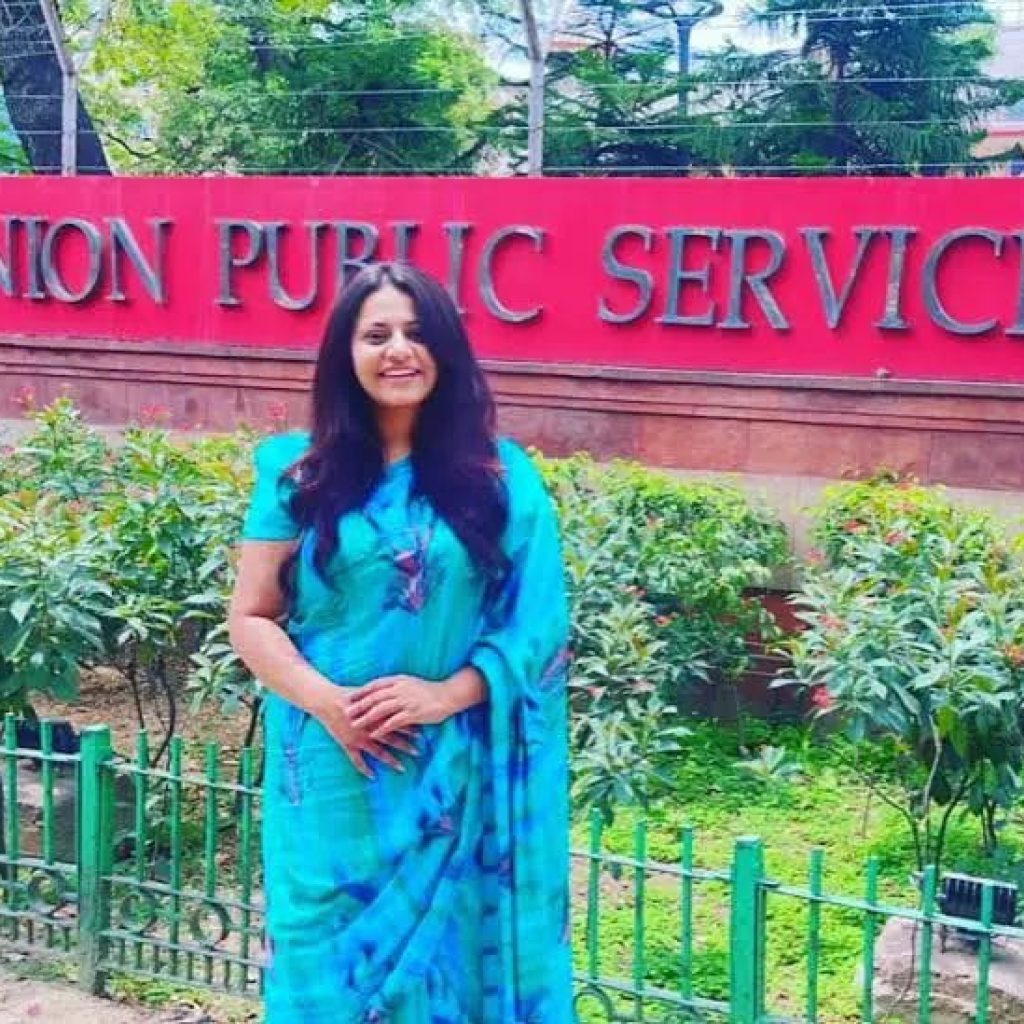
On June 20, the UPSC issued a tender seeking bids from public sector undertakings (PSUs) to revamp its examination process. The Commission aims to utilize the latest digital technology to match and cross-check candidates’ biometric details and monitor activities during the exams to prevent cheating, fraud, and impersonation.
Changes to the UPSC exams will include using data and images submitted during online registration for Aadhaar-based fingerprint authentication and facial recognition to verify candidates on exam day. Fingerprint scanners and facial recognition devices will be deployed at examination centers to ensure accurate identity verification. The UPSC also proposes a real-time attendance monitoring system with GPS coordinates to confirm enrollment within the designated shift. The QR code on the Admit Card, containing the candidate’s roll number, will be scanned to retrieve information from the Application Database. If the QR code cannot be scanned, the roll number will be entered manually from the Admit Card.
The UPSC plans to implement CCTV/video surveillance with recording and live broadcast capabilities to monitor candidates and exam personnel nationwide. The service provider will be required to install an adequate number of CCTV cameras in every classroom, ensuring at least one camera for every 24 candidates. Cameras will also be placed at entry and exit gates and control rooms where sensitive pre- and post-examination materials are handled. Additionally, remote live viewing of CCTV footage will be arranged at the UPSC’s control room, ensuring real-time monitoring and enhancing overall security during the examinations.
ALSO READ-Bengal Assembly passes resolution on scrapping of NEET

